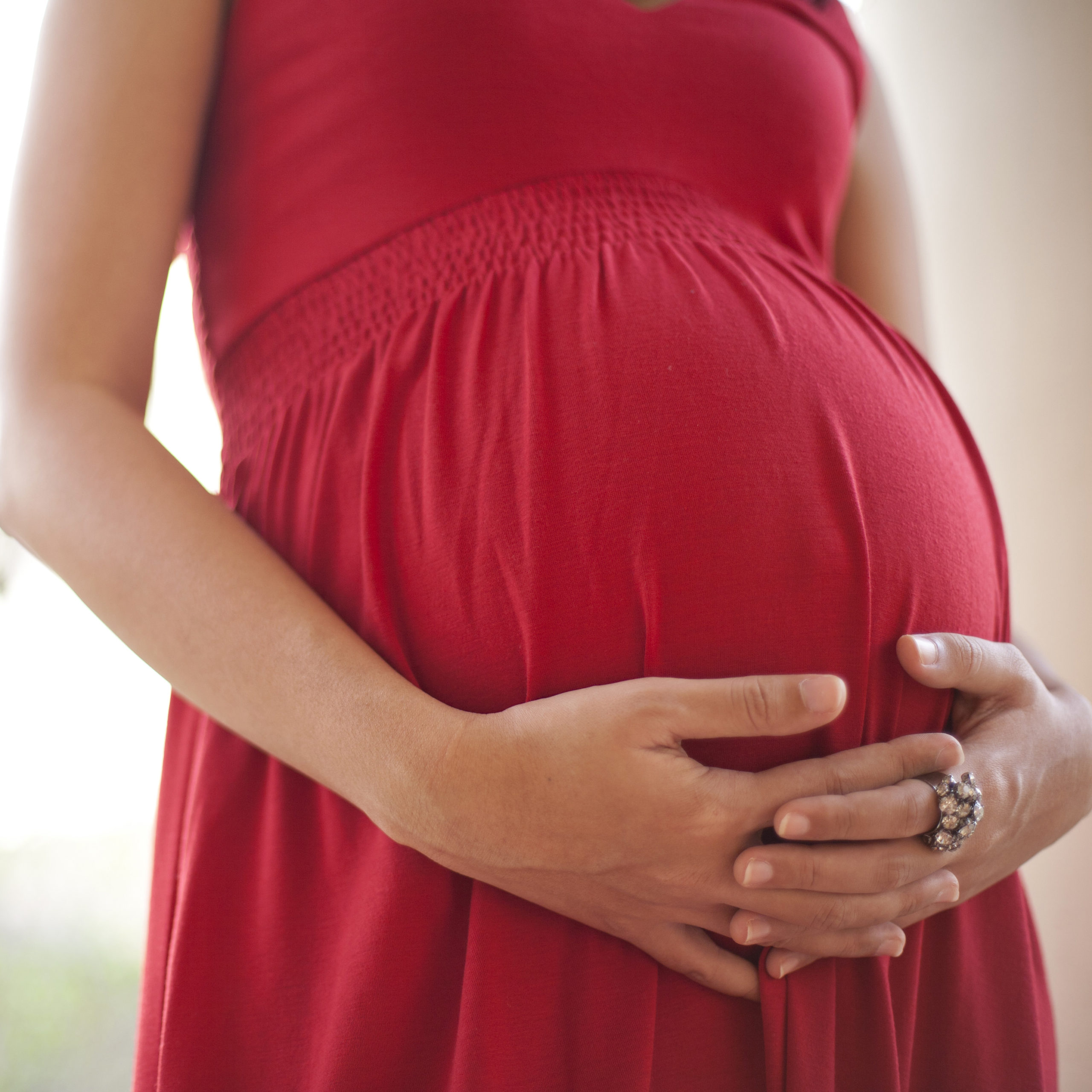Does your pregnancy “glow” sometimes feel more like a pregnancy “ouch?” Rest assured — you’re not alone. Our expert outlines the common discomforts of pregnancy and what to do about them.
Some people seem to float through pregnancy on a cloud, while others experience a host of bothersome aches, pains and side effects. No matter how your experience is going now, at some point you’ll likely ask yourself: What is going on, and is this much discomfort during pregnancy normal?
“During pregnancy, your body undergoes many changes to provide a nourishing environment,” said Dr. Elizabeth A. Lane, an OB-GYN with Vanderbilt Women’s Health. “Some of those changes sacrifice your comfort for the benefit of the fetus.”
While some of these physical and hormonal changes may best for the pregnancy, they can certainly be inconvenient for you.
“Thankfully, they are mostly temporary, going away either after a particular phase of pregnancy or after delivery,” Lane said. “Additionally, you don’t have to suffer in silence. There are remedies available for many of the discomforts of pregnancy that can at least lessen their impact so you can go on about your day. Be sure to bring up any concerns you have with your OB-GYN or prenatal care provider. They are here to help, no matter how ‘small’ the issue may seem.”
Here, our experts share a dozen common conditions of discomfort during pregnancy you might wonder about, from the first trimester until you’re ready to head to Labor & Delivery.
1. Fatigue
Your body’s working overtime to support both you and your growing pregnancy, so it’s no wonder you’re feeling tired! In the first trimester, your blood volume and other fluids increase 50% as your body ramps up to care for two, which can lead to exhaustion. Sometimes anemia, a reduction in the oxygen-carrying capability of red blood cells, is the culprit. A simple blood test performed at a prenatal visit will check for low iron levels caused by this condition. Integrating iron-rich foods into your diet before and during pregnancy can help prevent — or decrease the severity of — anemia in pregnancy.
2. Nausea and vomiting
About half of pregnant people experience nausea and vomiting — often called morning sickness — early in pregnancy. However, morning sickness can be experienced any time of day. This is largely due to hormonal changes, and for some, it may last throughout the pregnancy. Eating small meals several times a day to keep your stomach from being empty may help reduce the problem, as will following a diet high in protein and complex carbohydrates like whole-wheat bread, pasta, bananas and green, leafy vegetables. (Your provider might also recommend medication to help with your nausea.)
“If vomiting is severe, it may be a sign of a condition called hyperemesis gravidarum, which can lead to severe dehydration, electrolyte imbalance and weight loss, which may require hospitalization for IV fluids and nutrition,” Lane said. “Call your provider if you are having constant or severe nausea and vomiting.”
3. Constipation
Hormone changes may slow the rate of your food as it is processed by the body, which can interfere with digestion and bowel movements. In addition, your growing belly will put increased pressure on your rectum and intestines.
Staying hydrated, exercising regularly and increasing the fiber in your diet are some of the ways to prevent constipation. (Bonus: preventing constipation, in turn, helps to prevent another common pregnancy discomfort: hemorrhoids.)
4. Heartburn
Your growing uterus can cause heartburn and reflux, because the distance is shortened between your stomach and throat. In addition, the hormone relaxin can cause the sphincter to not seal as tight. “These symptoms can be eased by diet modifications and medicine — just ask your provider,” Lane said.
5. Bleeding gums
Your gums may become spongier as blood flow increases during pregnancy, which could cause them to bleed easily. Continue to take care of your teeth and gums and go to the dentist for regular checkups. And don’t worry — this typically disappears after pregnancy.
6. Swelling or fluid retention
Mild swelling is common during pregnancy, but severe swelling that lasts may be a sign of preeclampsia, an abnormal condition marked by high blood pressure. Lying on your left side, elevating your legs and wearing support hose and comfortable shoes may help to relieve the swelling. Be sure to notify your provider about sudden swelling—especially in your hands or face—or rapid weight gain. Another symptom to report to your provider is swelling in one leg, where the leg is red, painful and hot to the touch.
7. Skin changes
All of your hormones are fluctuating, including hormones that control the coloring of your skin. As a result, brown, blotchy patches may appear on your face, forehead and/or cheeks.
“This is often called ‘the mask of pregnancy,’ or melasma, and often disappears soon after delivery,” Lane said.
Pigmentation may also increase in the skin surrounding your nipples, and a dark line often appears down the middle of your stomach. Freckles may darken, too, and moles may grow.
8. Yeast infection
Due to all those hormone changes and increased vaginal discharge, you’re more susceptible to yeast infections, which are characterized by a thick, whitish discharge with itching. These infections are highly treatable but always talk with your health care provider before using any medicine.
9. Congestion and bloody nose
During pregnancy, the lining of the respiratory tract receives more blood, often making it more congested. In addition, small blood vessels in your nose are easily damaged due to the increased blood volume, leading to nosebleeds.
“Using a humidifier or saline nasal spray can help,” Lane said.
10. Backache
As your weight increases, your balance changes, and your center of gravity is pulled forward, straining your back. Loosening pelvic joints also contribute to this back strain. Proper posture and proper lifting techniques throughout your pregnancy can help reduce the strain on your back, as can using a maternity belt and wearing supportive shoes. Additionally, it is important to continue exercising in order to keep the back, core and pelvic floor muscles strengthened to provide extra support to your changing body.
11. Dizziness
Dizziness during pregnancy is common and may be caused by low blood pressure, which can occur from the uterus compressing major arteries. Other causes include low blood sugar, low iron, dehydration and quickly moving from sitting to standing. To prevent injury from falling during episodes of dizziness, stand up slowly and hold on to a wall or something stable for extra balance.
12. Headaches
Again, hormonal changes may be the culprit here, especially during your first trimester. Rest, proper nutrition and adequate fluid intake may help ease headache symptoms. Always talk with your health care provider before taking any medicine, as some common headache medications are not recommended in pregnancy.
“If you have a severe headache or a headache that won’t go away, call your provider — it may be a sign of preeclampsia,” Lane said.

Expert care for you and your baby
Each pregnancy and delivery is unique and yours should be too. Learn more about how Vanderbilt Health’s obstetrics and maternal fetal medicine teams bring together nationally ranked expertise and personalized care from your first prenatal visit to delivery and beyond.
To learn more, call 615-343-5700 or schedule an appointment online.

